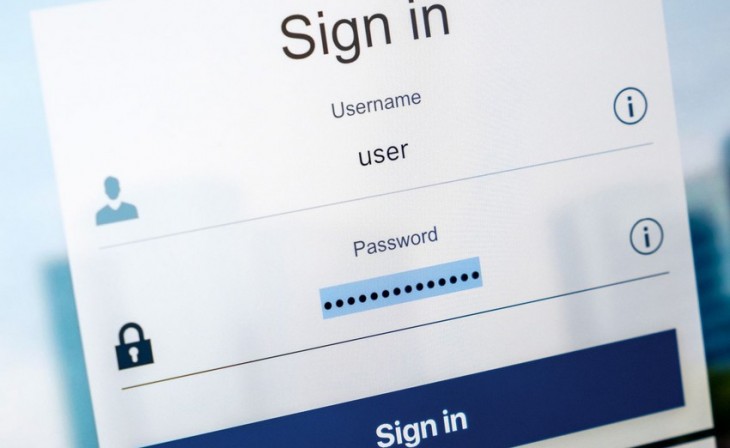The British want to ban universal passwords on new devices
In the United Kingdom, a law has been proposed according to which all new electronic devices will have to have unique passwords, ie they will not be allowed to have factory-set passwords that will be the same for all devices and that users will have to change after purchase. Namely, the problem with such passwords (as they were often used before) is that they are known to everyone - including hackers who use them for easy access to remote devices, without the knowledge of the owners of these devices.
Although users are advised to change such factory-set universal passwords immediately when purchasing the device, some of them would never do so, unaware of the dangers posed by hackers. In order to prevent such things from happening again, or to make devices as safe as possible, the British government has proposed a law according to which manufacturers of electrical devices will no longer be allowed to sell devices with universal passwords that will always be the same and users will be required to change them.
The list of devices covered by these safety requirements applies to smartphones, connected devices, alarm systems, smart home assistants, home automation products, etc.
The law has not yet entered into force, and when it is passed, producers will have one year to adapt to it. The law itself is divided into two parts, and the first part, in addition to the part on passwords, includes two more items. According to them, companies will have to inform users in the event that a security flaw is detected and will have to be transparent about the period during which the product will receive important security updates.
The second part of the law refers to the rules around the telecommunications infrastructure for gigabit broadband and 5G, and its goal is to speed up the installation, use, and upgrade of such equipment.




